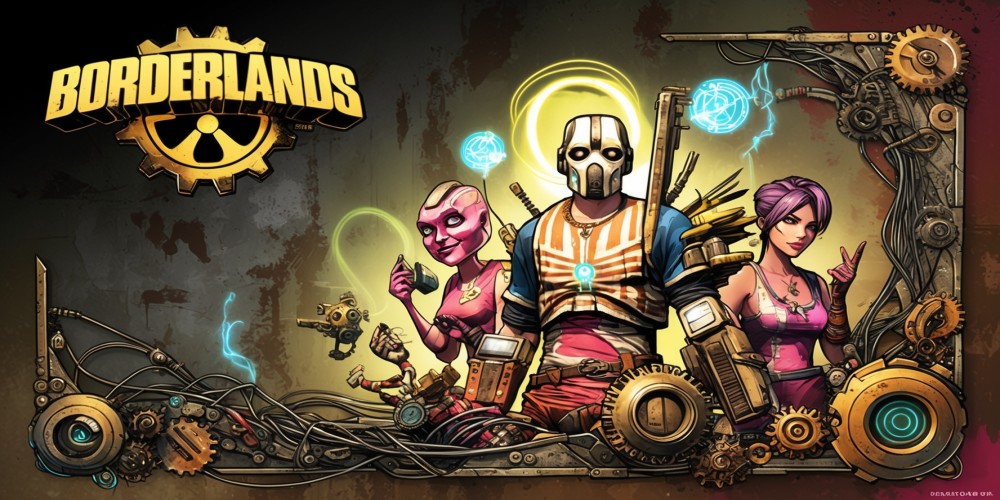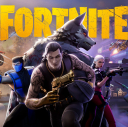Legacy of Borderlands: Signature Contribution to the Gaming Industry
Nov-15-2024

Borderlands might seem like an exhausted franchise today. Its recent film adaptation didn't do well, losing over $100 million at the box office and receiving poor reviews, including our two-star review. Despite this, Borderlands 2, released a decade ago, is still the highest-ranked game in the series. Current iterations of the series please fans, but don't do much to win over critics. However, the series' perception today is a far cry from what it was when the original Borderlands was released 15 years ago by Gearbox.
Back in the day, Gearbox revolutionized the gaming industry with Borderlands by marrying shooter and Diablo-like elements, including skill trees, randomized weaponry, and cooperative gameplay. While not the first of its kind, Borderland defined the new genre. More significantly, Borderlands identified the recipe for successful live games outside of MMOs. The brand wasn't always set for success: Gearbox took a huge risk, especially considering previous attempts at looter shooters had been high-profile failings.
In 2005, Gearbox Software began working on Borderlands. The creators of Duke Nukem and The Elder Scrolls had successful careers at ex-3D Realms and Bethesda Softworks before forming Gearbox. Their first games were expansions for Half-Life, showing they could successfully make shooters, which led to them porting other games like Tony Hawk's Pro Skater 3 and Halo: Combat Evolved.
Their decision to combine shoot 'em up and RPG elements in Borderlands seems obvious in hindsight, given their history. However, Borderlands was developed in the wake of another similar game's disappointing launch. Despite being the first action RPG playable in first-person, Hellgate: London by Flagship Studios (a team of ex-Blizzard staff) had a disappointing run and collapsed a year after its launch.
Borderlands was launched seven months later, during an unkind phase for its genre.
Borderlands' initial pitch in 2005 was "Halo meets Diablo", drawing heavily on both the RPG and shooter genres. However, Gearbox decided to focus more on the shooter element given their past experience with two other shooters, Half-Life and Counter-Strike, as well as Bungie's Halo.
Yet even with its heavy shooter focus, Borderlands incorporated key RPG elements like multiple classes, XP-based character level-ups, and loot drops. Despite this, it did not include the typical branching narratives of typical first-person RPGs like Deus Ex and Cyberpunk.
By incorporating RPG elements into a shooter, Gearbox created an addictive game loop.The game offers 15 million randomly generated weapons, cooperative gameplay, and a world that matches your level in terms of difficulty. These factors compelled players to spend hours on the game.
Following the success of Borderlands, the live services in other games like Warframe and The Division incorporated aspects of loot and leveling systems. Interestingly, Bungie, whom Gearbox learned from during the porting of the original Halo to PC, released their own looter shooter, Destiny, in 2014.
Furthermore, Gearbox's technique of integrating class systems and skill trees into a first-person shooter influenced other games. Borderlands pushed RPG elements into action-packed games, a trend that Ubisoft borrowed for Far Cry 3.
Looking at it today, it's easy to overlook the innovative nature of Borderlands back in 2009, primarily because its impact is so pervasive.







